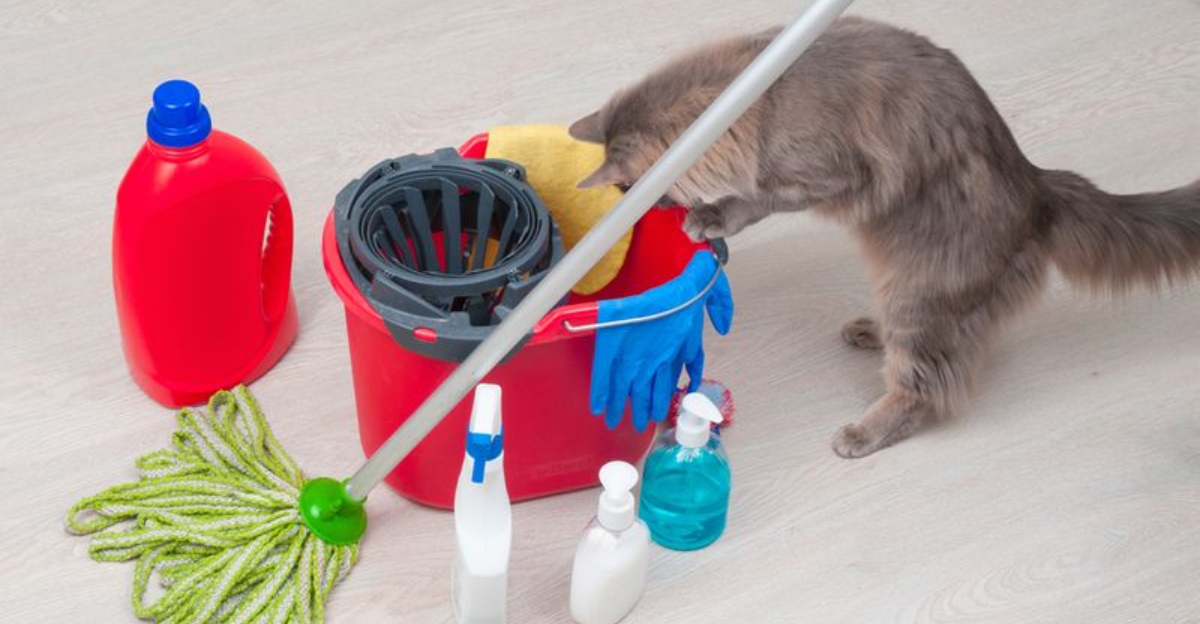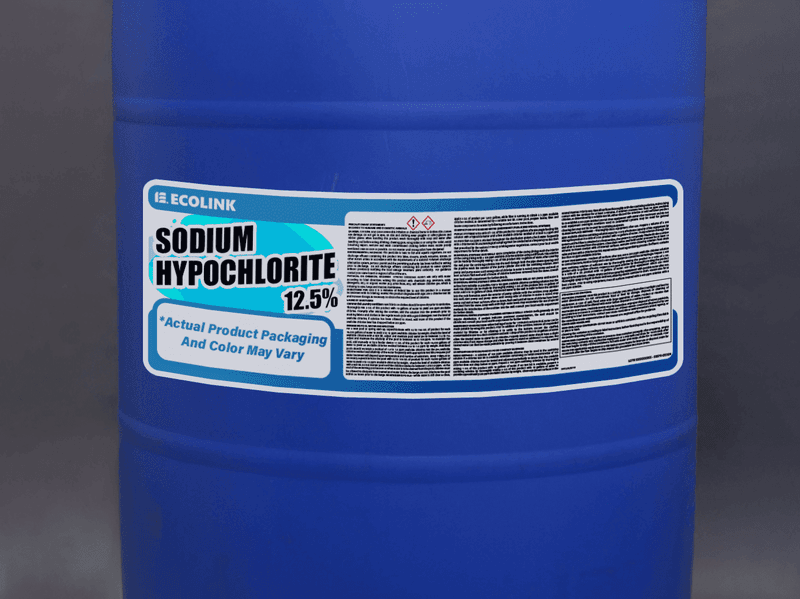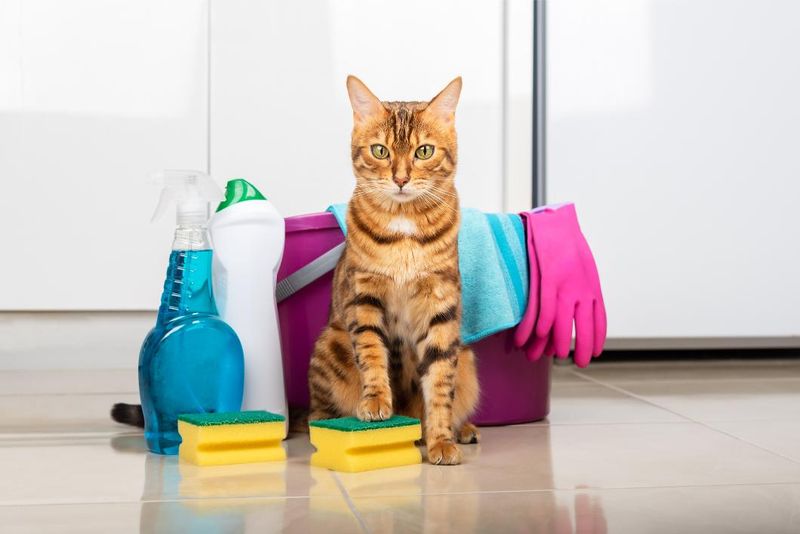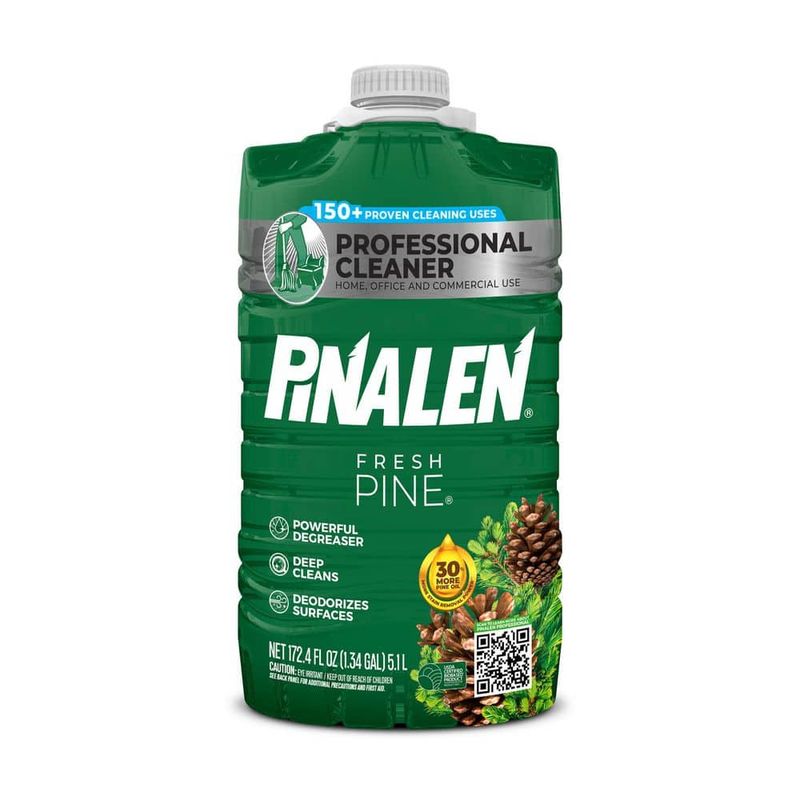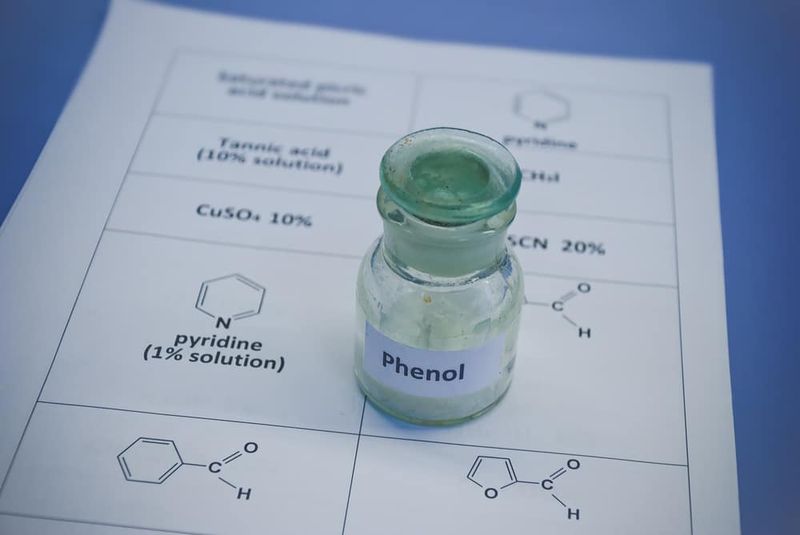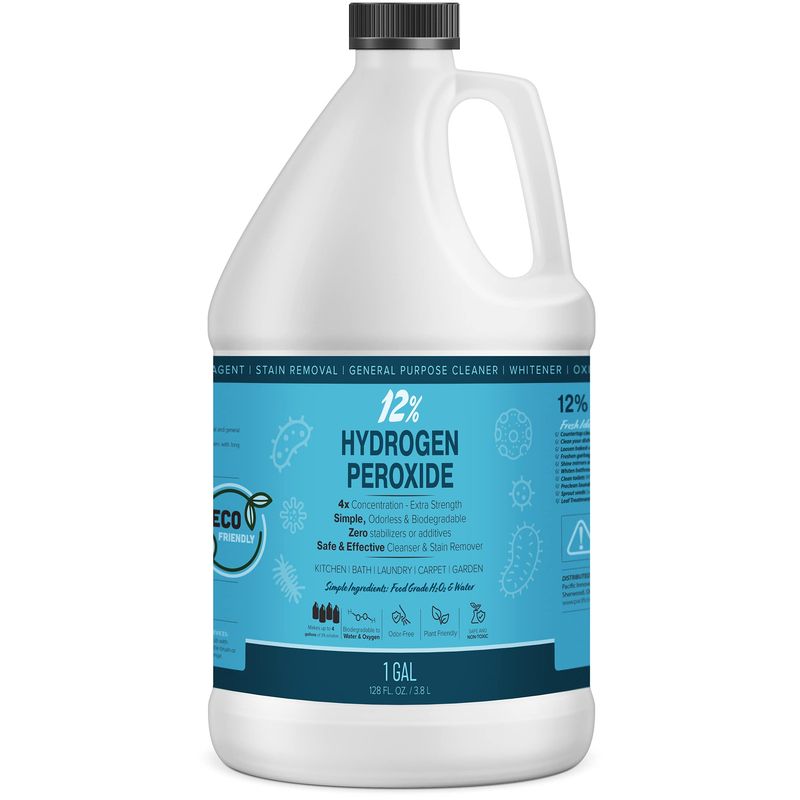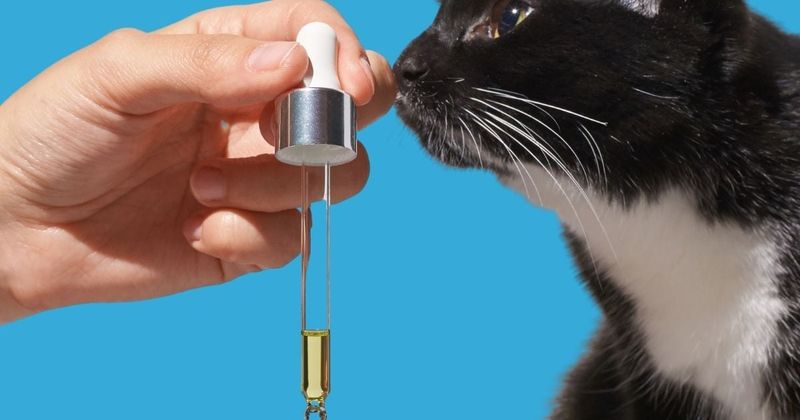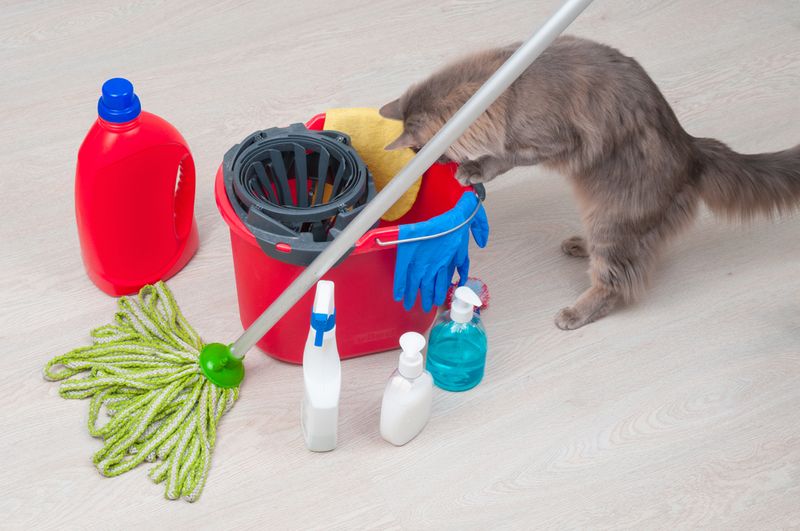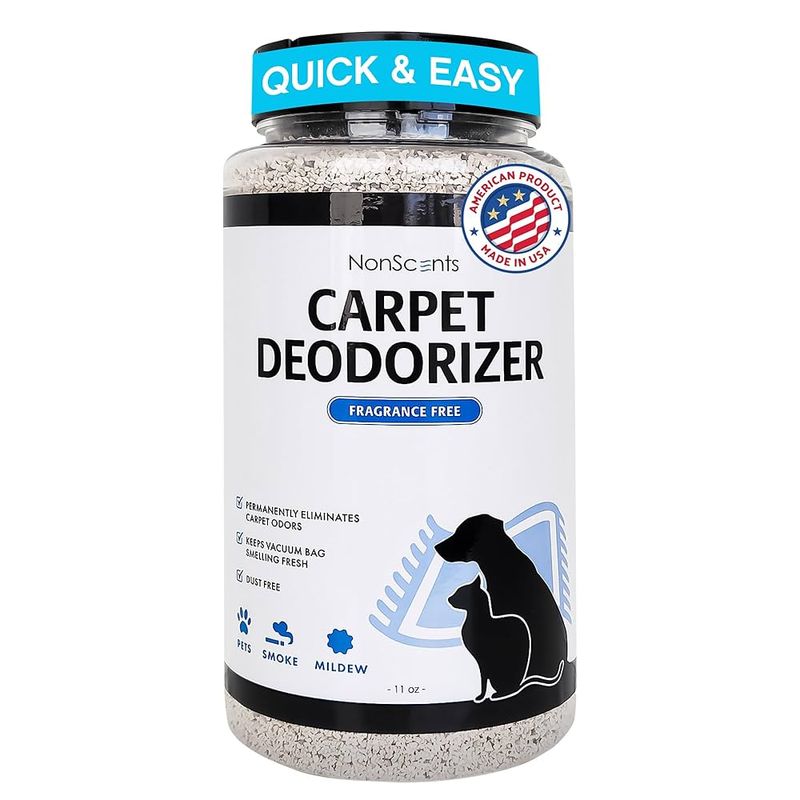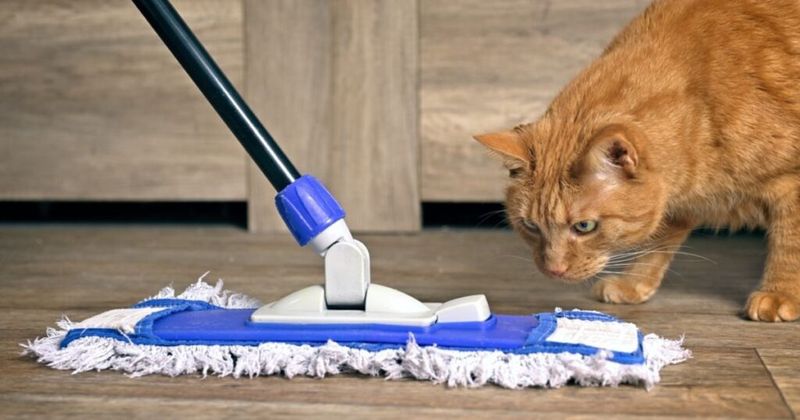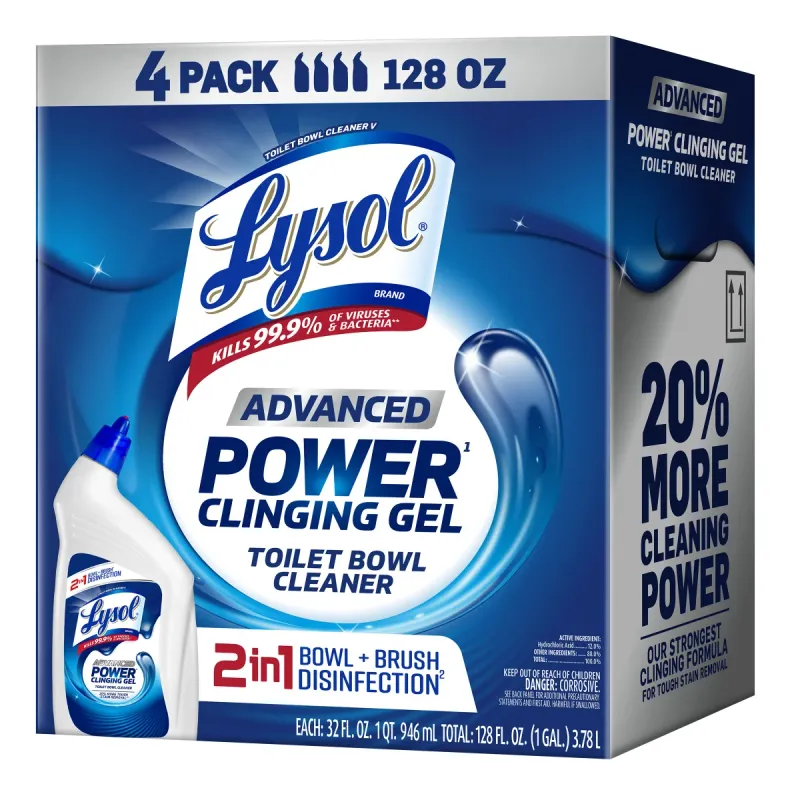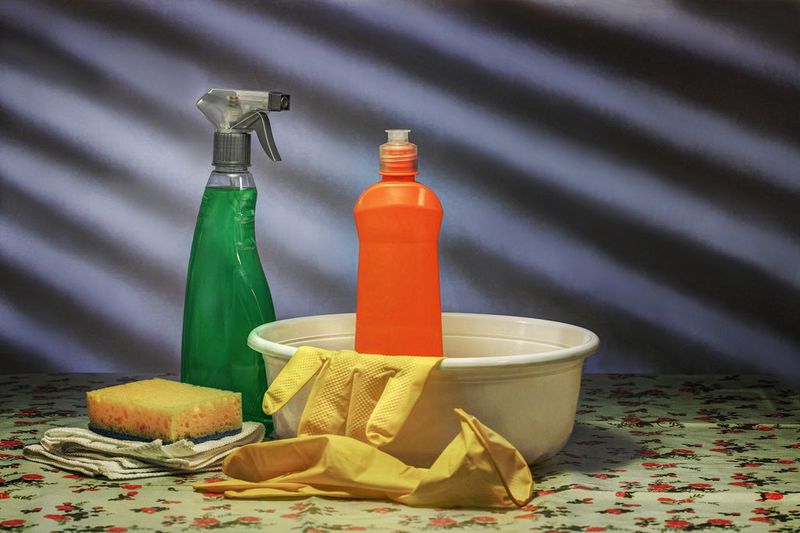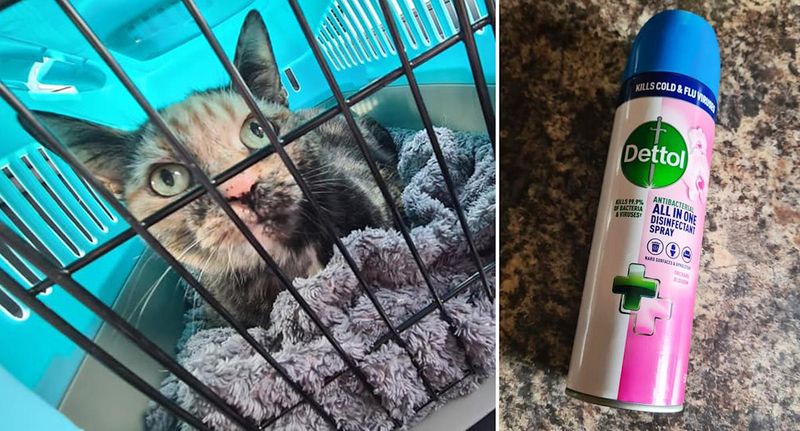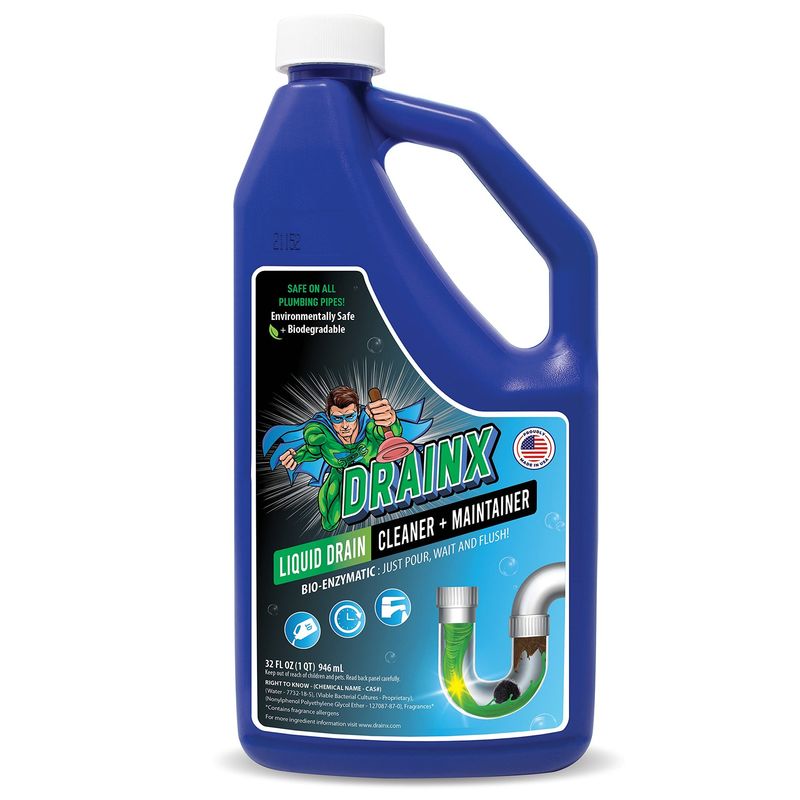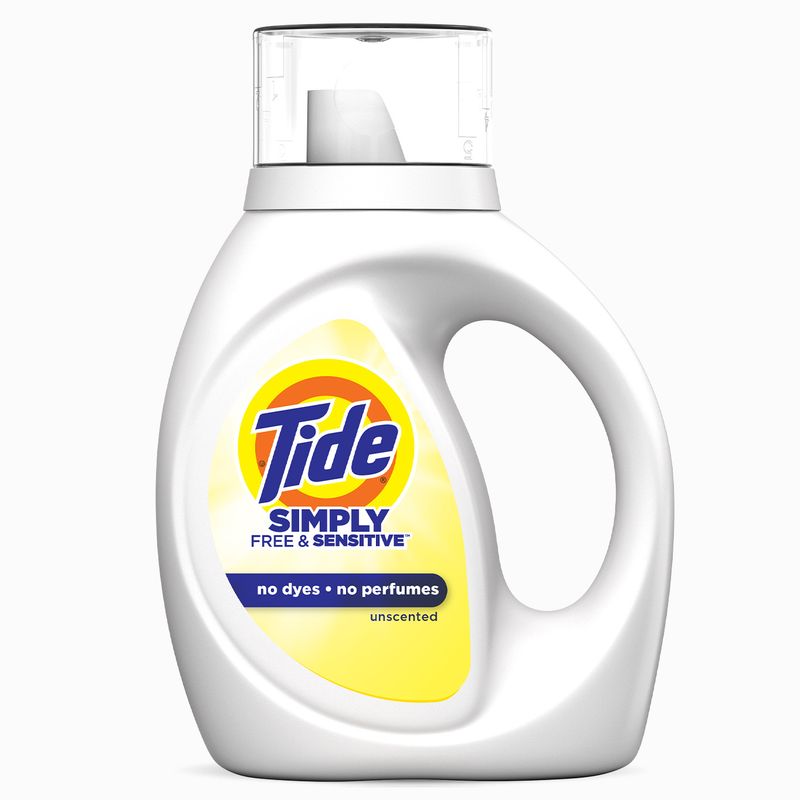📖 Table of Content:
- 1. Bleach (Sodium Hypochlorite)
- 2. Ammonia
- 3. Pine Oil-Based Cleaners
- 4. Phenol-Based Disinfectants
- 5. Hydrogen Peroxide
- 6. Essential Oil Cleaners
- 7. Oven Cleaners
- 8. Carpet Deodorizers
- 9. Floor Cleaners
- 10. Toilet Bowl Cleaners
- 11. Glass Cleaners
- 12. Antibacterial Cleaners
- 13. Drain Cleaners
- 14. Laundry Detergents
Many common household cleaning products contain chemicals that can be harmful or even fatal to cats. It’s essential to be aware of these dangers to ensure a safe environment for your feline friend. Here are several popular cleaning products and their associated risks.
1. Bleach (Sodium Hypochlorite)
Bleach, commonly found in toilet bowl cleaners, scouring powders, and mildew removers, poses a significant threat to cats. Even a small amount can lead to vomiting, diarrhea, or internal burns if ingested. It has been linked to seizures, making it particularly dangerous. Inhaling chlorine fumes is equally hazardous, potentially causing respiratory illnesses. Always ensure that bleach is kept out of reach of curious paws. Proper ventilation is crucial when using products containing bleach, and surfaces should be thoroughly cleaned to remove any residue that a cat might lick.
2. Ammonia
Ammonia is a common ingredient in window cleaners, stainless steel solutions, and oven cleaners. If cats inhale its fumes, it can irritate or burn their throat, nose, and respiratory tract. The pungent smell of ammonia can also cause distress or agitation in felines. It is vital to store ammonia-based products securely, ensuring they are inaccessible to pets. When cleaning with ammonia, ventilate the area thoroughly to disperse harmful fumes and make sure surfaces are free of any lingering traces that could harm your feline friend.
3. Pine Oil-Based Cleaners
Pine oil-based cleaners, like Pine-Sol, are notorious for their harmful effects on cats. A single exposure can lead to vomiting, drooling, and loss of coordination. Long-term exposure could result in liver damage, a serious health concern. Cats attracted to pine scents may unknowingly lick residues, leading to toxic ingestion. It’s recommended to replace these cleaners with non-toxic alternatives. Always wipe down surfaces thoroughly after cleaning and ensure good ventilation to protect your pet from harmful fumes.
4. Phenol-Based Disinfectants
Phenol-based disinfectants, such as those found in Lysol products, pose a hidden danger to cats. These substances can cause severe liver damage and affect the central nervous system, leading to long-term health issues. Cats are particularly sensitive to phenol, making it crucial to limit their exposure. Always store these disinfectants securely and prefer using pet-safe cleaning alternatives. After using phenol-based products, ventilate the area and clean surfaces to remove any trace amounts that could be ingested by a passing feline.
5. Hydrogen Peroxide
Though less toxic than bleach, hydrogen peroxide should not be underestimated. If a cat ingests it, inflammation and ulceration of the gastrointestinal tract can occur. Even small amounts can cause discomfort or pain. Maintaining hydrogen peroxide in a secure location away from pets is essential. If used for cleaning, ensure no residues remain on surfaces where a cat might walk or lick. The potential for accidental ingestion warrants caution and a preference for safer cleaning alternatives.
6. Essential Oil Cleaners
Essential oils, often found in natural cleaners, can be deceptively dangerous to cats. Oils such as tea tree, lavender, and citrus can cause drooling, tremors, or even liver failure in felines. Cats lack certain enzymes to metabolize these oils, making them particularly vulnerable. Using essential oil-based cleaners requires extra caution. Ensure thorough rinsing of surfaces and avoid diffusing these oils in areas where cats roam. Opt for pet-friendly alternatives to maintain a harmonious and safe home environment.
7. Oven Cleaners
Oven cleaners are known for their powerful chemical compositions, which can be extremely harmful to cats. Inhaling the fumes can cause irritation to the respiratory tract, while direct contact with residues may lead to chemical burns. It’s crucial to use these products with caution and to ventilate the cooking area thoroughly. After cleaning, ensure all surfaces are wiped down to prevent accidental contact or ingestion by a curious cat. Consider using less toxic alternatives for routine oven maintenance.
8. Carpet Deodorizers
Carpet deodorizers often contain chemicals that can be irritating or harmful to cats. As cats spend considerable time on the floor, they are at risk of coming into contact with these substances. Ingestion or inhalation can lead to digestive upset or respiratory distress. When using carpet deodorizers, ensure the area is well-ventilated and vacuum thoroughly to remove any residual powder. Consider pet-safe alternatives that freshen carpets without compromising your cat’s health.
9. Floor Cleaners
Floor cleaners, especially those containing formaldehyde or phenol, can pose a risk to cats. As cats often walk on and lick their paws, they can ingest harmful residues left on the floor. Symptoms of exposure may include vomiting, lethargy, or respiratory issues. Always opt for pet-friendly floor cleaning solutions and ensure thorough rinsing of surfaces to remove any traces of hazardous chemicals. Keeping your feline friend away while cleaning and allowing dry time prevents accidental exposure.
10. Toilet Bowl Cleaners
Toilet bowl cleaners often contain harsh chemicals like hydrochloric acid that can harm cats. If a cat drinks from a recently cleaned toilet or comes into contact with the cleaner, they may experience burns or digestive issues. Always keep toilet lids closed to prevent access. Consider using natural alternatives for toilet cleaning, and ensure any cleaner is thoroughly flushed away and the bathroom is ventilated before allowing cats to enter.
11. Glass Cleaners
Glass cleaners typically contain alcohol and ammonia, which are harmful to cats when inhaled or ingested. Exposure can lead to irritation of the respiratory system and central nervous system issues. Ensure that windows and mirrors are thoroughly wiped down after cleaning to remove any residues that a cat might lick. Using glass cleaners when your cat is in another room and allowing the area to ventilate helps mitigate risks. Pet-safe cleaning solutions provide a safer alternative for glass maintenance.
12. Antibacterial Cleaners
Antibacterial cleaners often contain chemicals like triclosan, which can be toxic to cats. These substances may cause skin irritation or gastrointestinal distress if ingested. It’s essential to use these products sparingly and ensure surfaces are rinsed and dried thoroughly. Store antibacterial products in areas inaccessible to cats and opt for safer, pet-friendly options when possible. Maintaining a clean environment without compromising your cat’s health is essential for responsible pet ownership.
13. Drain Cleaners
Drain cleaners are highly caustic and can pose severe risks to cats. The fumes alone can cause respiratory distress, while direct contact can lead to burns. Always store drain cleaners securely and ensure cats are kept away during use. After application, ventilate the area thoroughly and check for any spills or residues. Opting for enzymatic drain cleaners provides a safer alternative, reducing the risk of exposure to harmful chemicals.
14. Laundry Detergents
Laundry detergents, though not typically ingested, can still pose a threat to cats. Residues left on clothing or bedding may irritate a cat’s skin or, if licked, cause gastrointestinal upset. Consider using pet-friendly or hypoallergenic detergents to minimize risks. Always store detergents in a secure location, away from curious paws. If using pods, handle them with care, as they can be particularly attractive to pets. Thorough rinsing and drying of laundry ensure that harmful residues are minimized.
